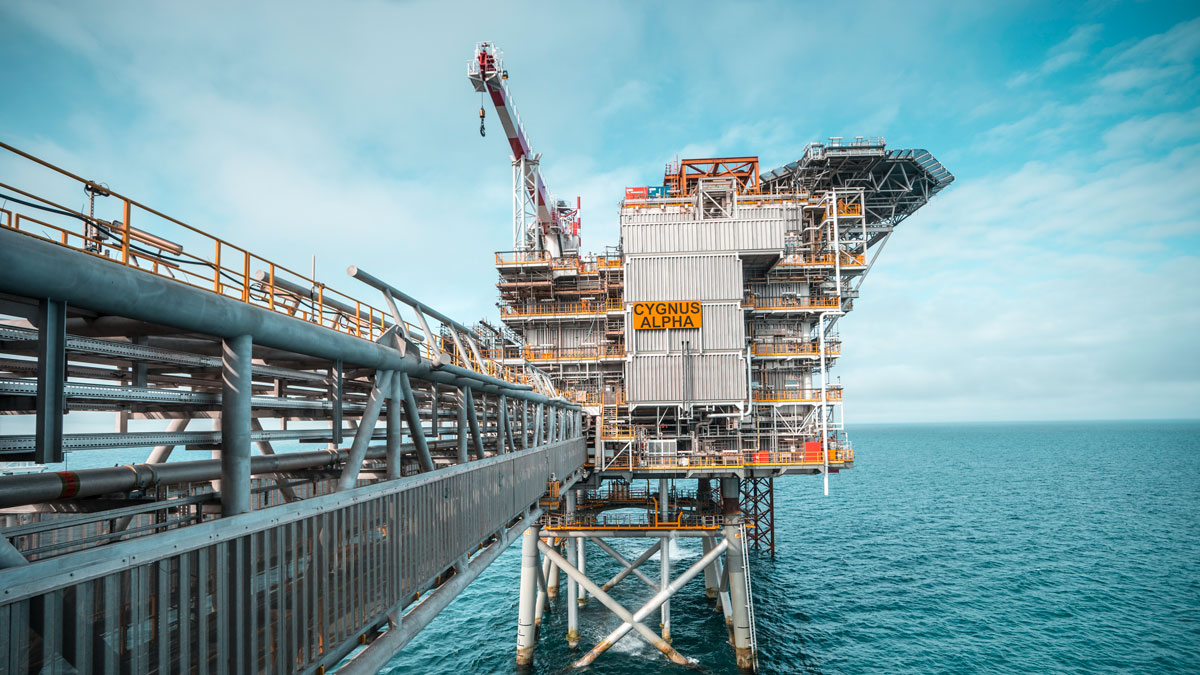Novel Method to Measure Offshore Methane Emissions
Neptune Energy and Environmental Defense Fund (EDF) announced a scientific collaboration to test a first-of-its-kind approach for measuring oil and gas methane emissions from offshore oil and gas facilities.
EDF will coordinate a team of international researchers that includes Scientific Aviation, a provider of airborne emissions sensing, and Texo DSI, a UK-based drone platform provider, to evaluate advanced methods for quantifying facility-level offshore methane emissions, identify key sources and prioritize mitigation actions.
Methane is the primary component of natural gas and is a potent greenhouse gas. To meet the Paris Agreement climate goals, methane emissions need to be reduced from production and throughout the gas value chain.
State-of-the-art drone, aircraft and methane sensing technologies will be deployed on the Neptune-operated Cygnus platform in the UK Southern North Sea to provide a close-up view of operations typical of a North Sea offshore facility, such as gas separation, drying and compression technology, and flaring and venting.
Global investment firm The Carlyle Group, a shareholder in Neptune Energy, is supporting and observing the project to help drive research learnings and improved standards.
“Neptune Energy already has one of the lowest methane intensities in the sector, at 0.01%, compared with the industry average of 0.23%. But we want to go further and have set a target of net zero methane emissions by 2030. This study will help us identify where we need to take further action and how we can apply new measurement techniques across our global operated portfolio,” Pete Jones, Neptune Energy’s VP Operations Europe, said.
“Data transparency is paramount,” said Mark Brownstein, EDF’s Senior Vice President for Energy. “Oil and gas companies have made commitments to tackle emissions, but you can’t just assert strong environmental performance. You must show it. Having credible data is the first step and we recognize Neptune Energy for valuing emissions reporting that is based on rigorous science.”
Last October, the European Commission introduced a strategy that calls for oil and gas methane regulation in the EU and gives consideration to a performance standard for gas used or sold in the EU. The EU is the world’s largest natural gas importer, with 85% of its consumption coming from outside the EU.
A key research objective is to establish a reliable benchmark for assessing total oil and gas methane emissions in an offshore environment. Studies show that official inventories can often underestimate overall emissions because reports are based on desktop calculations versus empirical data.
Neptune is a member of the Oil and Gas Methane Partnership (OGMP) and is a signatory to OGMP’s new 2.0 framework, which aims to improve the reporting accuracy and transparency of methane emissions. Organized by the UN Environment Program, the European Commission, the Climate & Clean Air Coalition and EDF, OGMP will create a robust set of measures for participating companies to document and report their emissions performance to better inform customers and regulators. Currently, there are 65 global oil and gas companies participating in OGMP.
The study is due to commence in July this year with initial results expected in October. The outcomes will be published in a scientific peer-reviewed paper in 2022.
About Neptune Energy Group
Neptune Energy is an independent global E&P company with operations across the North Sea, North Africa and Asia Pacific. The business had production of 144,000 net barrels of oil equivalent per day in 2019 and 2P reserves on 31st December 2019 of 633 million barrels of oil equivalent. The Company, founded by Sam Laidlaw, is backed by CIC and funds advised by Carlyle Group and CVC Capital Partners.
About EDF
One of the world’s leading international nonprofit organizations, Environmental Defense Fund (edf.org) creates transformational solutions to the most serious environmental problems. To do so, EDF links science, economics, law, and innovative private-sector partnerships. With more than 2.5 million members and offices in the United States, China, Mexico, Indonesia and the European Union, EDF’s scientists, economists, attorneys and policy experts are working in 28 countries to turn their solutions into action.






